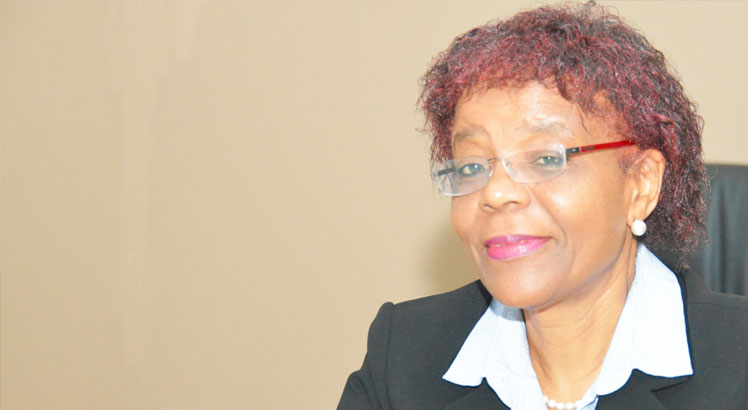State residences wages up 360%
The wage bill in the State Residences vote in the proposed 2024/25 National Budget has increased from K3.3 billion in the fiscal plan ending March 31 to K12 billion, a 300 percent hike within a year.
The initial wage bill in this closing financial year was revised during Mid-Year Budget review from K3.3 billion to K6.8 billion and now has increased to the K12 billion in the proposed budget.
Budget documents show that allocations to personal allowances in cash and kind have followed suit from K3.2 billion to K5 billion over the year as the State Residences vote is expected to close the books at K32 billion in the 2023/24 financial year. In the proposed budget, it has swelled to K44 billion.
The increase of expenses at State Residences has come amid fiscal tightening to induce economic recovery as key projects planned to drive the country’s development agenda are starved of resources.
The State Residences vote also saw capital financing of K4.7 billion in the current fiscal year and in the proposed budget, there is an increased allocation of K10 billion for development expenditure.

However, reporting achievements made in the 2023/24 fiscal year, it is indicated in the Budget Document Number 4 that they managed to faciliate the United Nations General Assembly trip, built a fence at Chikoko Bay State Lodge in Mangochi, facilitated local travels and installed the Integrated Financial Management and Information System.
Public Accounts Committee (PAC) chairperson Mark Botomani in an interview yesterday avoided the question of the State Residences spending, saying the issue is the domain of the Budget and Finance Committee.
On PAC’s oversight role to account for resources, he said they are doing their best and improvements are showing in some government ministries, departments and agencies (MDAs).
Botomani said in the current financial year (2023/24), for example, PAC has played a significant role in holding public officers to account on public expenditures.
He said: “We managed to review Auditor General’s reports and summoned concerned controlling officers reflected therein to respond to queries that emanated from the audits.
“Significantly, we are the only committee of Parliament that managed to summon the SPC [Secretary to the President and Cabinet] Madam Colleen Zamba to appear before the committee on two occasions to own up the responses given by her controlling officers and also assure Malawians that there will be change in the manner public resources are used. This is in line with the provisions of the PFMA [Public Finance Management Act 2003 as amended in 2022]. This has helped to instil discipline on public expenditure in most MDAs.”
Efforts to get a reaction from the State Residences on the justification of the figures proved futile as presidential press secretary Anthony Kasunda did not pick calls and could not return the missed calls.
Budget and Finance Committee chairperson Gladys Ganda too did not respond to our calls.
A recent assessment of the proposed 2024/25 Budget done by National Planning Commission (NPC) also showed allocation bias towards governance while mid-year reviews and delayed disbursements worsen misalignment of national budgets to the Malawi 2063 and its first 10 years implementation plan, the MIP 1.
A model budget framework presented to parliamentarians recently proposed increased allocations towards productive sectors, but it was ignored by Ministry of Finance and Economic Affairs as the the budget has maintained the trend of channelling more resources towards governance expenses.
Treasury spokesperson Williams Banda promised to come back with responses yesterday when he was asked on the credibility of the budget and but did not revert even after several reminders.
Economics Association of Malawi (Ecama) and Malawi Economic Justice Network (Mejn) recently raised concerns on the credibility of the budget, citing prioritisation issues, low accountability and wrong assumptions as key problem areas that affect the delivery of budgets in view of development plans.
Ecama president, Dr Bertha Bangara-Chikadza said there are serious and critical credibility issues in the national budget as seen in inconsistencies in budget figures across different budget books, financial statements, and PSIP.
“Further, there are sometimes inconsistencies between targets and preliminary achievements as reported in the Programme Based Budget.
Parliament is currently debating the K5.9 trillion 2024/25 National Budget Minister of Finance and Economic Affairs Simplex Chithyola Banda presented on February 23. The new financial plan is scheduled to roll out on April 1.





